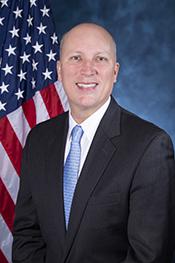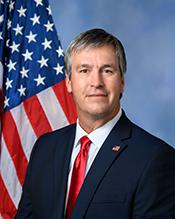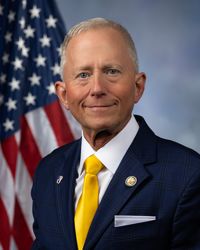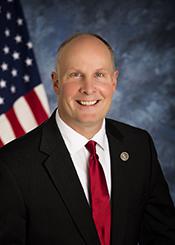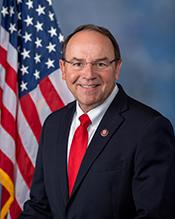16
SAVE Act
4/29/2025, 3:39 PM
Summary of Bill HR 22
If passed, this legislation would require individuals to provide documentation such as a birth certificate, passport, or naturalization certificate when registering to vote. This proof of citizenship requirement would apply to both in-person and mail-in voter registrations.
Supporters of the bill argue that it is necessary to protect the integrity of the voting system and prevent non-citizens from influencing election outcomes. They believe that requiring proof of citizenship is a common-sense measure to ensure that only eligible voters are able to cast ballots in federal elections. Opponents of the bill, however, argue that it could disenfranchise eligible voters who may not have easy access to the necessary documentation. They also raise concerns about the potential for the requirement to disproportionately impact certain groups of voters, such as low-income individuals and minorities. Overall, Bill 119 hr 22 has sparked debate about the balance between preventing voter fraud and ensuring that all eligible citizens have the opportunity to participate in the democratic process. It remains to be seen how this legislation will progress through the legislative process and what impact it may have on voter registration practices in the United States.
Congressional Summary of HR 22
Safeguard American Voter Eligibility Act or the SAVE Act
This bill requires individuals to provide documentary proof of U.S. citizenship when registering to vote in federal elections.
Specifically, the bill prohibits states from accepting and processing an application to register to vote in a federal election unless the applicant presents documentary proof of U.S. citizenship. The bill specifies what documents are considered acceptable proof of U.S. citizenship, such as identification that complies with the REAL ID Act of 2005 that indicates U.S. citizenship.
Further, the bill (1) prohibits states from registering an individual to vote in a federal election unless, at the time the individual applies to register to vote, the individual provides documentary proof of U.S. citizenship; and (2) requires states to establish an alternative process under which an applicant may submit other evidence to demonstrate U.S. citizenship.
Each state must take affirmative steps on an ongoing basis to ensure that only U.S. citizens are registered to vote, which shall include establishing a program to identify individuals who are not U.S. citizens using information supplied by certain sources.
Additionally, states must remove noncitizens from their official lists of eligible voters.
The bill allows for a private right of action against an election official who registers an applicant to vote in a federal election who fails to present documentary proof of U.S. citizenship.
The bill establishes criminal penalties for certain offenses, including registering an applicant to vote in a federal election who fails to present documentary proof of U.S. citizenship.
Read the Full Bill
Current Status of Bill HR 22
Bipartisan Support of Bill HR 22
Total Number of Sponsors
21Democrat Sponsors
0Republican Sponsors
21Unaffiliated Sponsors
0Total Number of Cosponsors
686Democrat Cosponsors
0Republican Cosponsors
686Unaffiliated Cosponsors
0Policy Area and Potential Impact of Bill HR 22
Primary Policy Focus
Government Operations and PoliticsPotential Impact Areas
Alternate Title(s) of Bill HR 22
Comments

Rory Sinclair
11 months ago
I dunno bout this bill. It sounds like a good idea but I'm not sure how it will work. #confused #politics #HRBill22

Sevyn Braswell
11 months ago
I think this bill is good idea. It make sense to have proof of citizenship for voting. It important to make sure only citizens can vote.

Sienna Finley
8 months ago
This bill is so dumb. How does it even help us?
